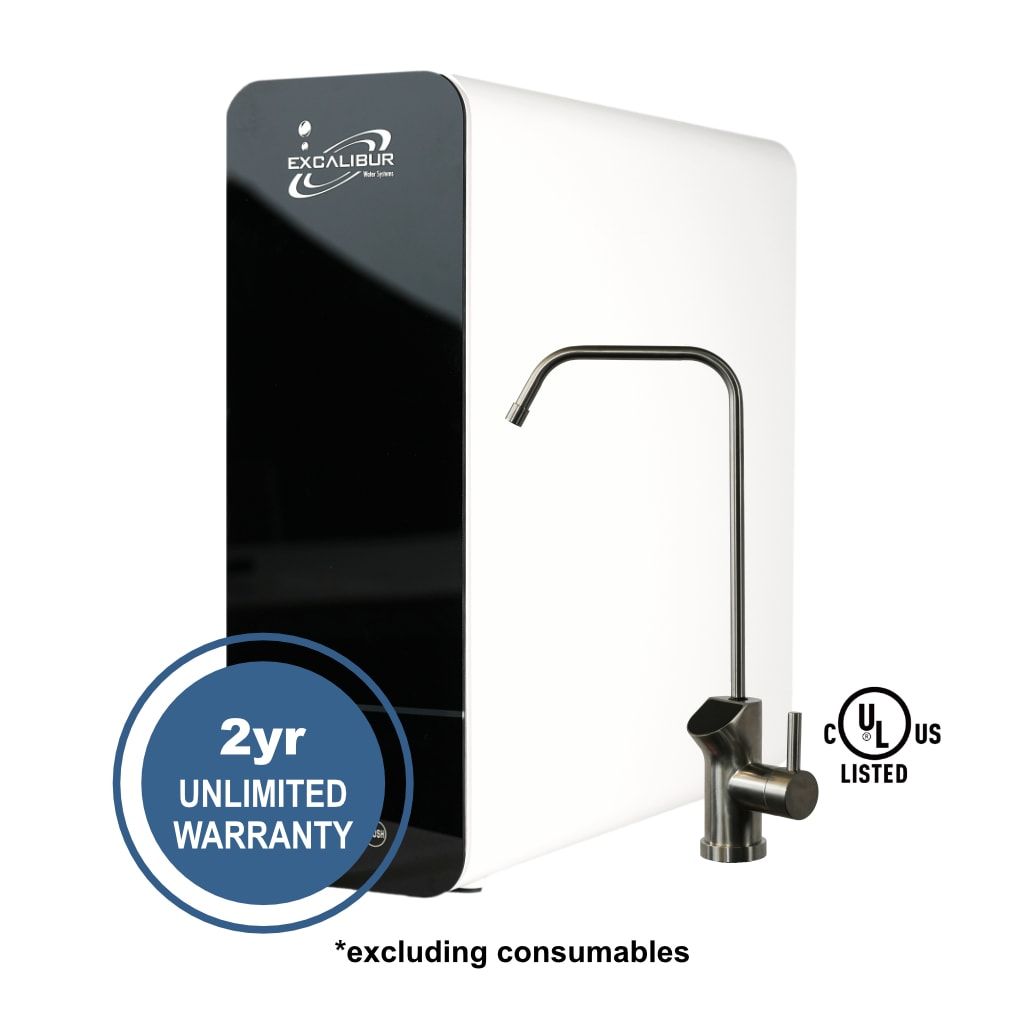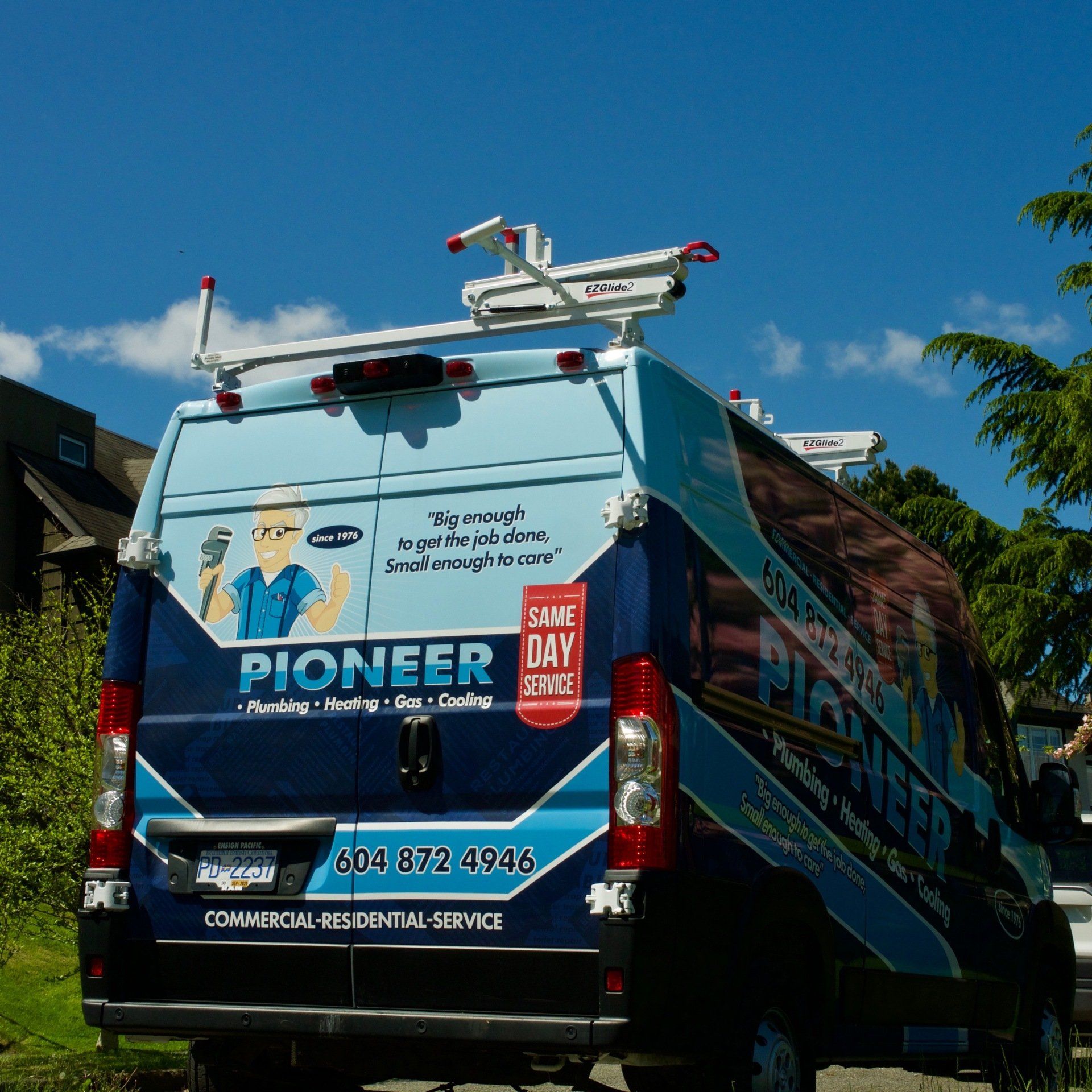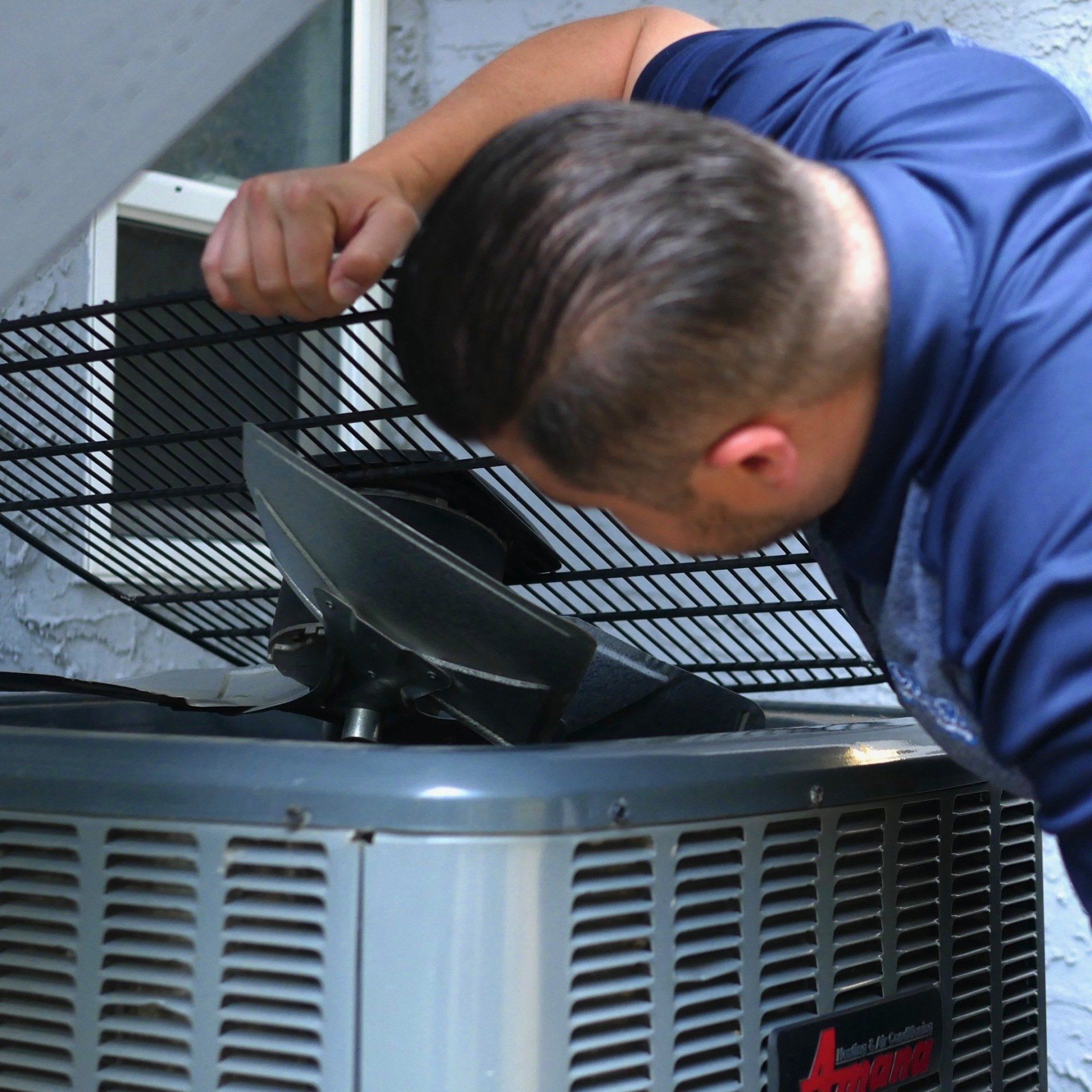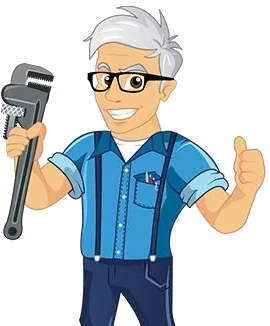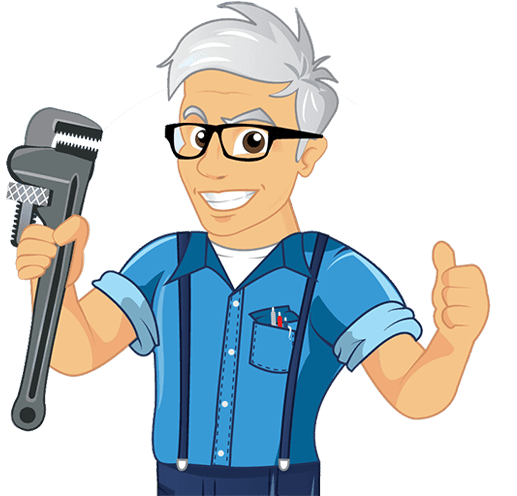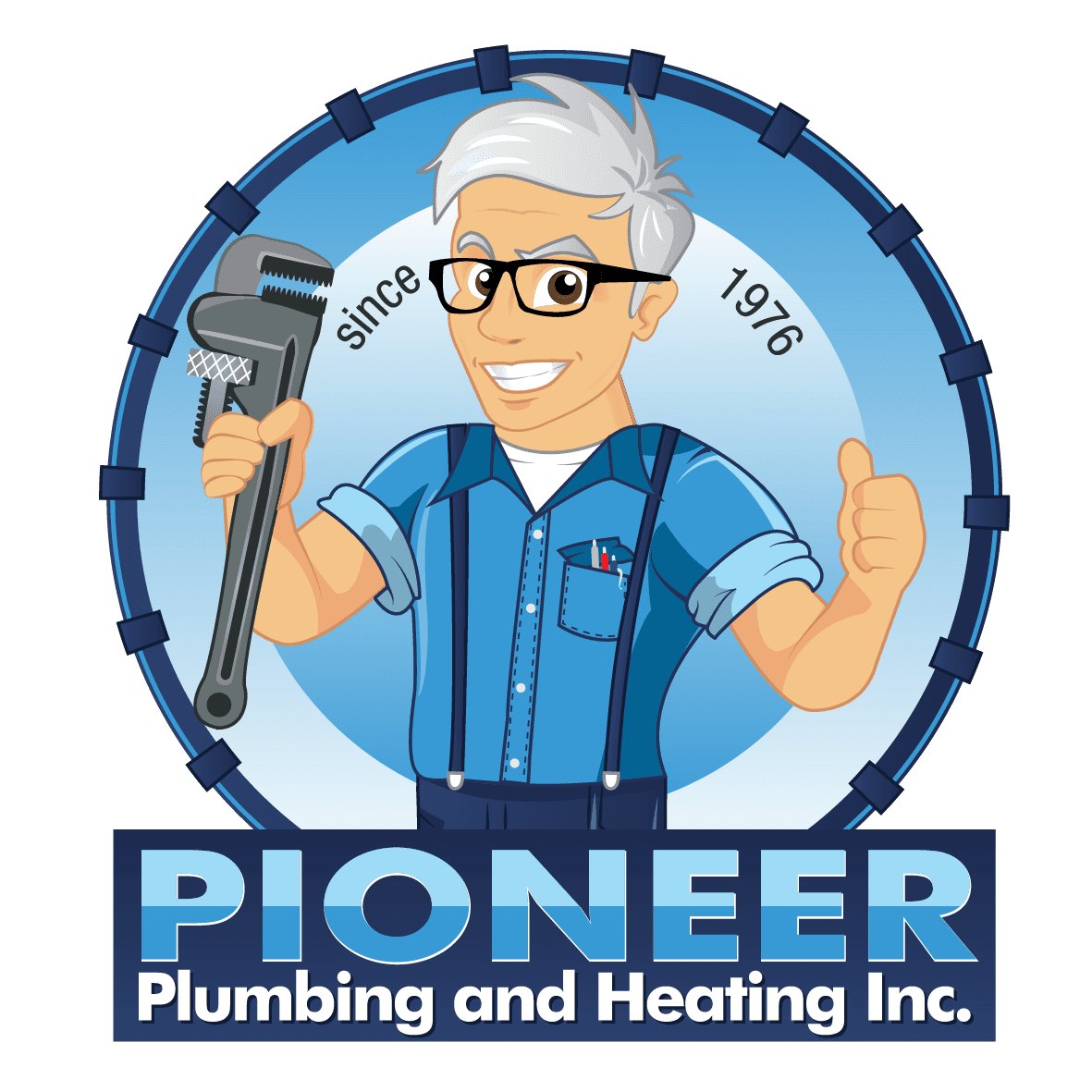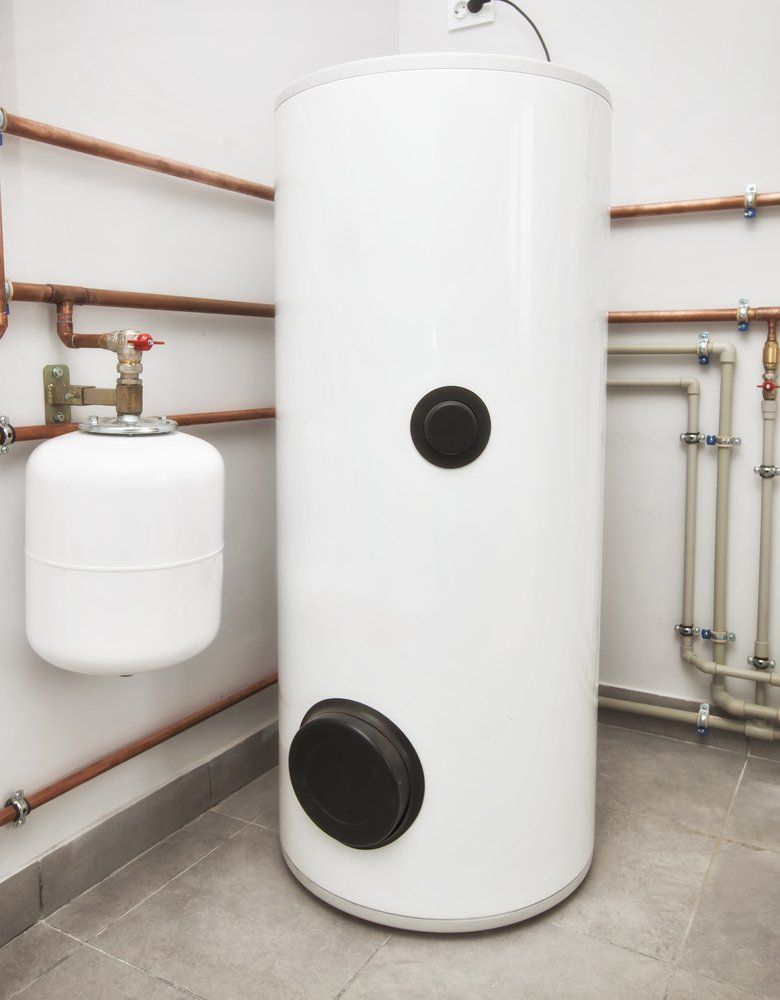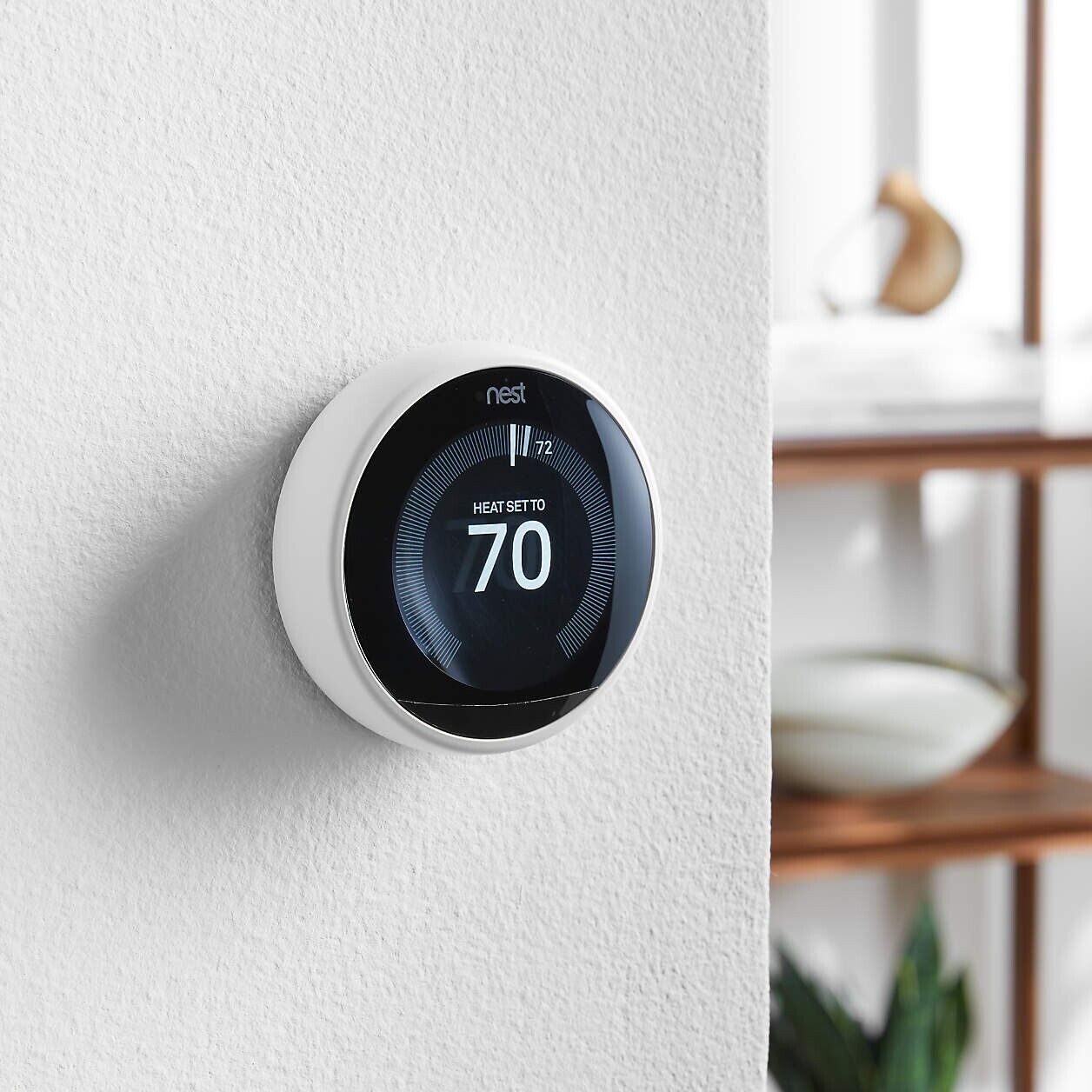When is The Right Time to Repipe a House?
How Would Repiping a House Benefit a Homeowner?
Repiping an entire house can provide numerous benefits for homeowners. One of the main advantages is that it improves the overall quality of your old plumbing system.
Over time, pipe systems deteriorate, plumbing fixtures fail and start leaking, and reduced water flow can also be an issue. By replacing old pipes with new, you can ensure a more reliable and efficient water supply. Clean drinking water is important, so you'll want to add that to your list when thinking of a project like this.
Another benefit of repiping is the long term cost savings. Constant pipe repairs and water damage can be expensive to fix, resulting in high maintenance costs. By repiping your home you prevent maintenance issues and save money over time. When you repipe your home it increases the property value, making it more appealing to potential buyers. Additionally, new pipes are often made from materials that are resistant to corrosion and have a longer lifespan, ensuring better durability and less maintenance.
How Long Does Plumbing Typically Last?
The lifespan of most plumbing pipes will vary depending on various factors such as the quality of materials used, maintenance, and usage. In general, a well-maintained system can last anywhere from 20 to 50 years. New PVC pipes, which are commonly used in residential plumbing, have an average lifespan of 25 to 40 years. Copper pipes can last up to 50 years or longer, especially if they are properly installed and protected from rust. Factors like water quality, temperature fluctuations, and the use of harsh chemicals can impact the longevity of pipes and fixtures.
Regular inspections, repair and preventative maintenance are important for the overall life of your plumbing. Repairs and replacements become necessary as signs of wear and tear start to appear. By being cognizant of your plumbing, you can ensure its optimal performance and prolong its life.
When Do you Need to Repipe?
There are several signs that indicate it may be time to repipe a house. One key sign is the age of the pipes and when the home was built. If your pipes are more than 50 years old, it's likely they are made of outdated materials that are prone to plumbing problems.
Another sign is low water pressure. If you experience a significant drop in water pressure throughout the house, it could be a sign of mineral buildup or corroded pipes. Additionally, old plumbing issues such as recurring leaks can also indicate the need for repiping a home.
These issues could be a result of deteriorating pipes that are no longer able to withstand the pressure of water flow. Lead pipes are notorious for this problem. Finally, the presence of discolored water or rusty particles in your tap water is a clear indication of pipe corrosion. New plumbing becomes necessary in order to ensure the safety and quality of your water supply.
Maintaining Your Home's Plumbing System
Maintaining your plumbing provides benefits over time, by extending the life of the pipes and reducing repair costs. It helps prevent serious plumbing issues like a leak, from turning into a major problem. Taking proactive measures, such as checking for pipe corrosion, inspecting water meters, and performing routine plumbing inspections, you'll be able to identify looming issues early and take action to address them.
Regular maintenance plays a role in ensuring the water quality in your home. Regularly cleaning and purging the pipes helps prevent the build-up of harmful bacteria or other contaminants that may affect the water quality. By maintaining the plumbing system, you can also hold the overall value and resale potential of your property. Prospective buyers often prioritize homes with updated, well-maintained plumbing, which reduces future plumbing repairs and increases the properties marketability.
What Type of Pipe is Best For Repiping an Entire Home?
When re-piping a house, the best type of pipe will depend on several factors such as cost, durability, and suitability for your needs.
- Copper Pipes: are commonly used to repipe your house due to their long lifespan, corrosion resistance, and ability to handle high water pressure. However, the cost of copper can be high to install new and may require specialized tools for installation.
- PEX Pipes: are a more cost-effective option and can be easily installed using basic tools. PEX tubing is flexible, making them ideal for retrofitting older homes, and are resistant to freezing and bursting.
- PVC Pipes: are affordable and easy to install. However, they are not suitable for hot water lines and may not be as durable as copper or PEX pipes.
Each type of pipe has its own advantages and disadvantages, so it is important to consider the specific needs of the house before making a decision.
Hiring a Plumbing Contractor Repipe Specialist
When it comes to hiring a re-plumbing contractor, you want to choose the right person for the job. Repiping may be a complex time-consuming process, so it's important to find someone with experience. Start by asking for recommendations from friends and family. They may know someone who had similar work done recently.
Look for professional plumbing companies with good reputations, and once you find someone you feel comfortable with, look through their reviews profile and read a few. When you actually talk to someone, pay attention to how you feel before committing to anything. You want someone who strikes you as reliable and committed to providing excellent service. By taking the time to find the right plumber, you'll be more confident that your project will be handled efficiently and the overall cost acceptable. So, don't rush the process, invest some time in this process and you'll be pleased with your choice.
As a well established plumber in the Vancouver area, we would be pleased to offer free consultation for any project you have in mind. We've been re-piping homes across the GVRD since 1976 and will be happy to provide that service for you. Call during office hours to speak to one of our consultants.

